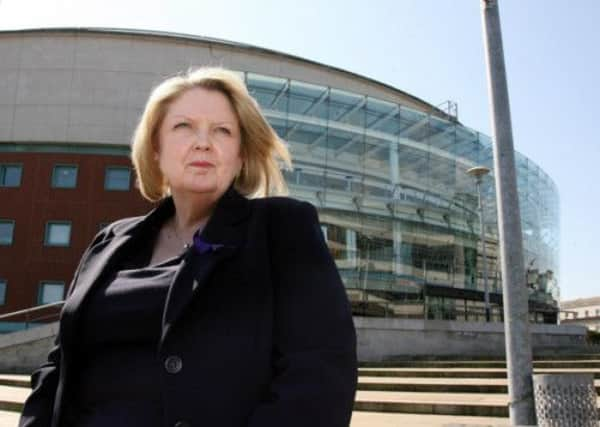Half of teachers considered quitting over past year


The study by the NASUWT, which polled 800 teachers, found 51 per cent had thought about quitting – a rise of 9 per cent on the previous year. The union said thatits survey had uncovered “plummeting” levels of job satisfaction at a time when workload and stress levels are on the rise.
The survey also found 61 per cent of teachers have considered leaving their current job, a 10 per cent rise on 2012, while 60 per cent said their job satisfaction had declined. The NASUWT, which is the UK’s largest teaching union but has fewer members in Scotland than the Educational Institute of Scotland and the Scottish Secondary Teachers’ Association, is currently holding its annual Scottish conference in Edinburgh.
Advertisement
Hide AdAdvertisement
Hide AdChris Keates, the union’s general-secretary, said: “This survey starkly illustrates the damage which is being inflicted on teachers’ professionalism, morale and skills as a result of the ideologically-driven assault on their pay, pensions, working conditions and job security.
“This survey should be taken by the Scottish Government as a graphic illustration that they have a profession on the verge of a crisis. Teachers are buckling under the impact of the failure of government and employers to recognise the centrality of the workforce to maintaining and enhancing high standards of education.”
She added: “Attacks on the profession are direct attacks on our children and young people. Teachers’ pay and conditions are inextricably linked to the entitlements of children and young people to be taught by those who are recognised and rewarded as highly skilled professionals and who have working conditions which help them to raise standards.”
The union, which has previously taken part in a ‘work to rule’ action (ie work to the terms of their contract and no more), said it would use industrial action to defend teachers’ working actions, and would “escalate” the action if necessary.
Teaching unions are currently holding negotiations with the Scottish Government over changes to their pensions, which will see them contribute more and leave many working until 68 before they are eligible to claim a full pension.
There is also concern that the Curriculum for Excellence, introduced in 2010, has increased the workload for many in the profession. The conference heard how the curriculum had left many teachers “swamped in bureaucracy” due to the way pupils are assessed.
More than 80 per cent called for a pay rise in line with inflation, while 62 per cent said that the current pay freeze was putting people off a career in the classroom.
A Scottish Government spokesman said: “We take the issue of stress amongst teachers very seriously. We will continue to work with teachers’ organisations and local authorities to monitor teacher workload and other aspects of the job.”